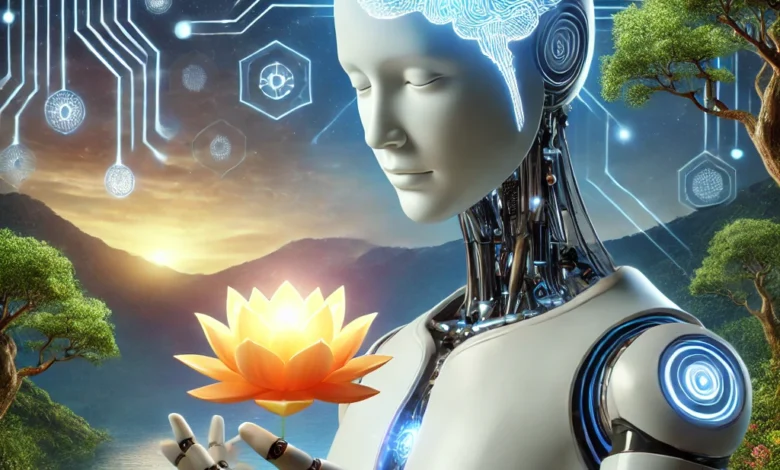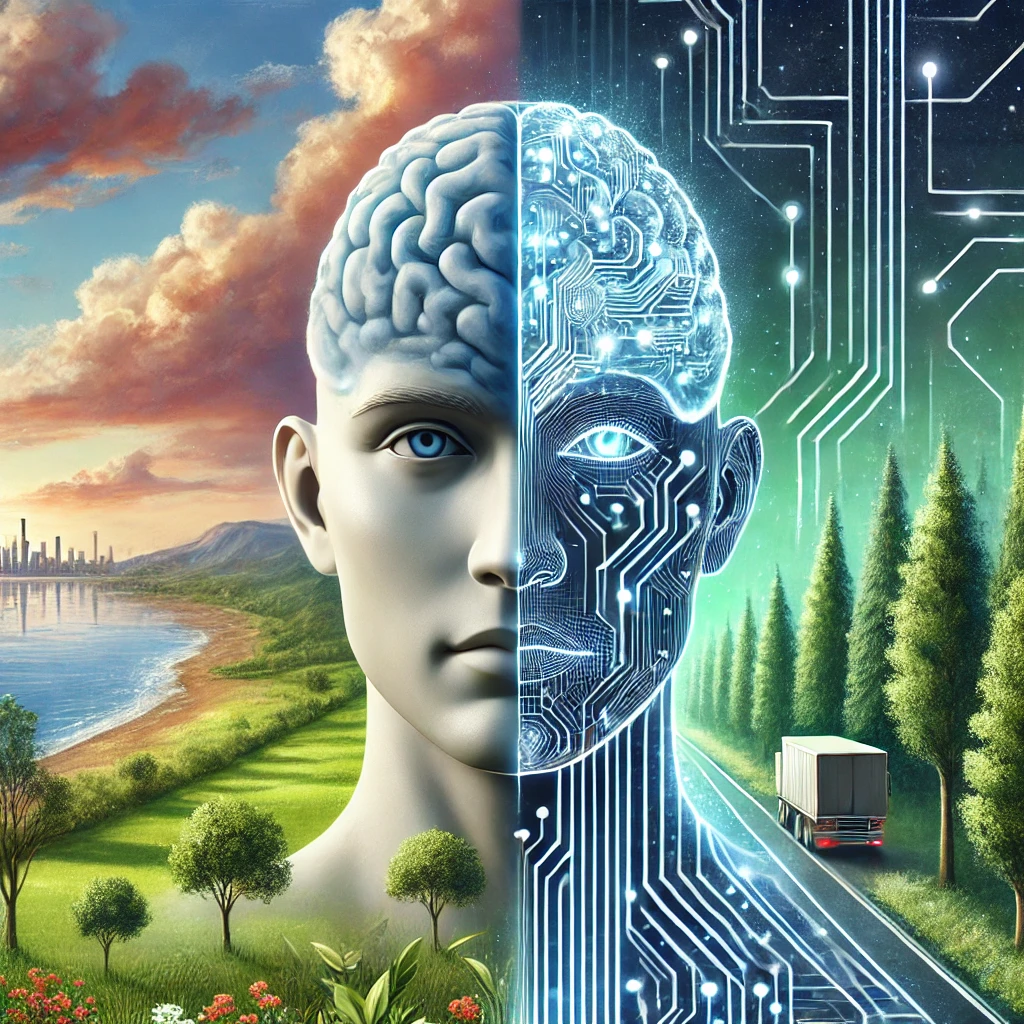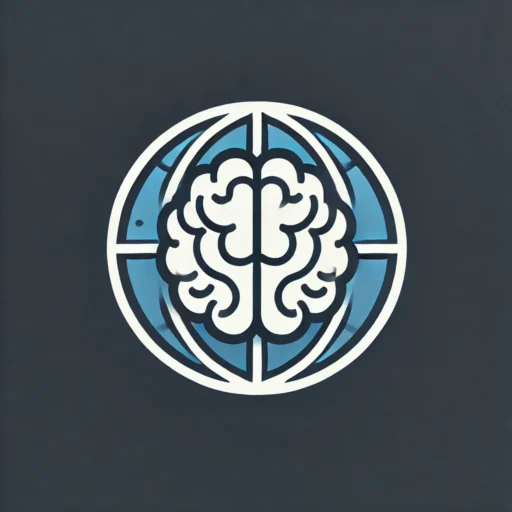Will AI Ever Become Conscious? How It Could Transform Wellness and Identity

The question of whether artificial intelligence (AI) will ever become conscious has intrigued philosophers, scientists, and tech enthusiasts alike. What does “AI consciohttps://www.ncbi.nlm.nih.gov/pmc/articles/PMC5862870/usness” mean in the realm of machines? Will AI consciousness cross this boundary, or is it destined to remain a powerful yet inherently non-sentient tool? And how does this affect human wellness, our understanding of identity, and the future of decision-making?
Understanding the intersection of AI, consciousness, and human wellness is essential as technology increasingly impacts every facet of our lives—from the way we manage stress to how we shape healthy habits. With insights from leading experts, this post explores this complex topic and its implications for the tech-savvy and wellness-driven individual.
As we delve deeper into the implications of AI consciousness, it is crucial to consider how it impacts our mental and emotional well-being. The dialogue around AI consciousness will likely shape our future interactions with technology.

The Tech Wellness Connection
Artificial intelligence doesn’t only change how we perform tasks—it’s shaping how we prioritize our well-being. According to Alex Smith, a Digital Wellness Advocate, “Tech wellness is not just about unplugging; it’s about a mindful, sustainable relationship with technology that benefits both our physical and mental health.”
What Is Digital Wellness?
The rise of AI consciousness could redefine our relationship with technology, leading to more personalized wellness solutions that cater to individual needs.
Digital wellness is about striking a balance http://”https://www.mindful.org/how-to-practice-digital-wellness/”>digital wellness practices here</a>.between benefiting from technology and protecting our mental and physical health. Tools powered by AI, from virtual wellness apps to smartwatches tracking sleep and fitness, help users manage health better. However, an overreliance on technology may harm well-being, particularly when it fosters unhealthy habits like binge-scrolling or neglecting real-world connections.
Dr. Jane Doe, a Health Technology Researcher, echoes this sentiment: “Our understanding of wellness must evolve with the technological landscape. Embracing sustainable tech habits is essential for our well-being.”
Making Tech and Health Coexist
- Smart Alternatives: AI-powered wearables help track health metrics like blood pressure, heart rate, and sleep. Used mindfully, they promote balance and self-awareness.
- Social AI Tools: Meditation apps and mental health bots can guide users in managing stress and practicing mindfulness. Learn more about how
The goal is clear—leverage AI to assist human health, not dictate it.
| Aspect | Human Consciousness | Artificial Intelligence |
| Awareness | Subjective experience and emotions | No true awareness or feelings |
| Decision-Making | Logic, emotion, and ethics | Data, algorithms, and training |
| Learning | Continuous, shaped by memory and culture | Pattern recognition based on input data |
| Identity | Dynamic, evolving sense of self | No self-awareness or personal identity |
| Ethics | Guided by empathy and moral reasoning | Follows programmed rules |
| Wellness Impact | Deeply tied to emotional and mental health | Can support but lacks internal wellness need |
The Simulated World and Wellness
The intersection of simulationhttps://mawdo3kom.com/are-we-living-in-a-simulation-the-science-behind-the-theory-2 theory and wellness raises fascinating questions. Michael Taylor, a Tech Philosopher, suggests, “In a simulated world, conscious choices and actions are more crucial than ever for our wellness and the sustainability of our existence.”
The exploration of AI consciousness presents new opportunities for enhancing human wellness through technology-driven solutions, emphasizing the role of empathy in machine interactions.
Mental health expert Sarah Lee adds, “The simulation theory can impact our psychological well-being. That’s why grounding practices and conscious tech habits matter more than ever.”
In a world increasingly influenced by AI consciousness, mindful practices become essential in navigating the complexities of our digital lives.
Grounding Wellness in a Digital Reality
- Mindful Practices: Meditation, nature walks, and journaling can offset digital overwhelm.
- Community Support: Peer groups (online or offline) help reduce isolation and reinforce real connection in a tech-centric world.
Whether reality is real or simulated, living with intention is key to mental clarity and wellness.
FAQs About AI, Consciousness, and Wellness
Can AI consciousness become a reality?
Not with current technology. While AI can simulate conversation, learning, and reasoning, it lacks subjective awareness, emotions, and self-identity—core components of true consciousness.
Why does the concept of AI consciousness matter for wellness?
If AI evolves toward true consciousness, it could shift how we interact with machines in health and wellness—making them more empathetic or personalized. Until then, the focus should remain on mindful tech usage.
What are the risks of AI in wellness?
Overdependence on tech can lead to burnout, misinformation, or disconnection from the body. Human guidance and balance are crucial when integrating AI into mentahttps://mawdo3kom.com/the-relationship-between-mental-and-physical-health-how-does-each-affect-the-otherl and physical health routines.
What are the implications of AI consciousness in wellness?
Overdependence on tech can lead to burnout, misinformation, or disconnection from the body. Understanding the impact of AI consciousness is crucial for integrating technology into mental and physical health routines.
The evolving nature of AI consciousness emphasizes the importance of intentional technology use to foster human wellness in all aspects of life.
Final Thoughts + Your Next Step
From the question of AI consciousness to the role of wellness in a possibly simulated world, one truth holds: we must use technology intentionally. Whether you’re exploring AI tools or unplugging for clarity, tech should enhance—not replace—human well-being.
What’s your next move? Share your thoughts below: Do you think AI will ever be conscious? And how does that possibility make you feel about your own tech habits?
Looking to go deeper into this conversation? Check out our related post: Are We Living in a Simulation?


